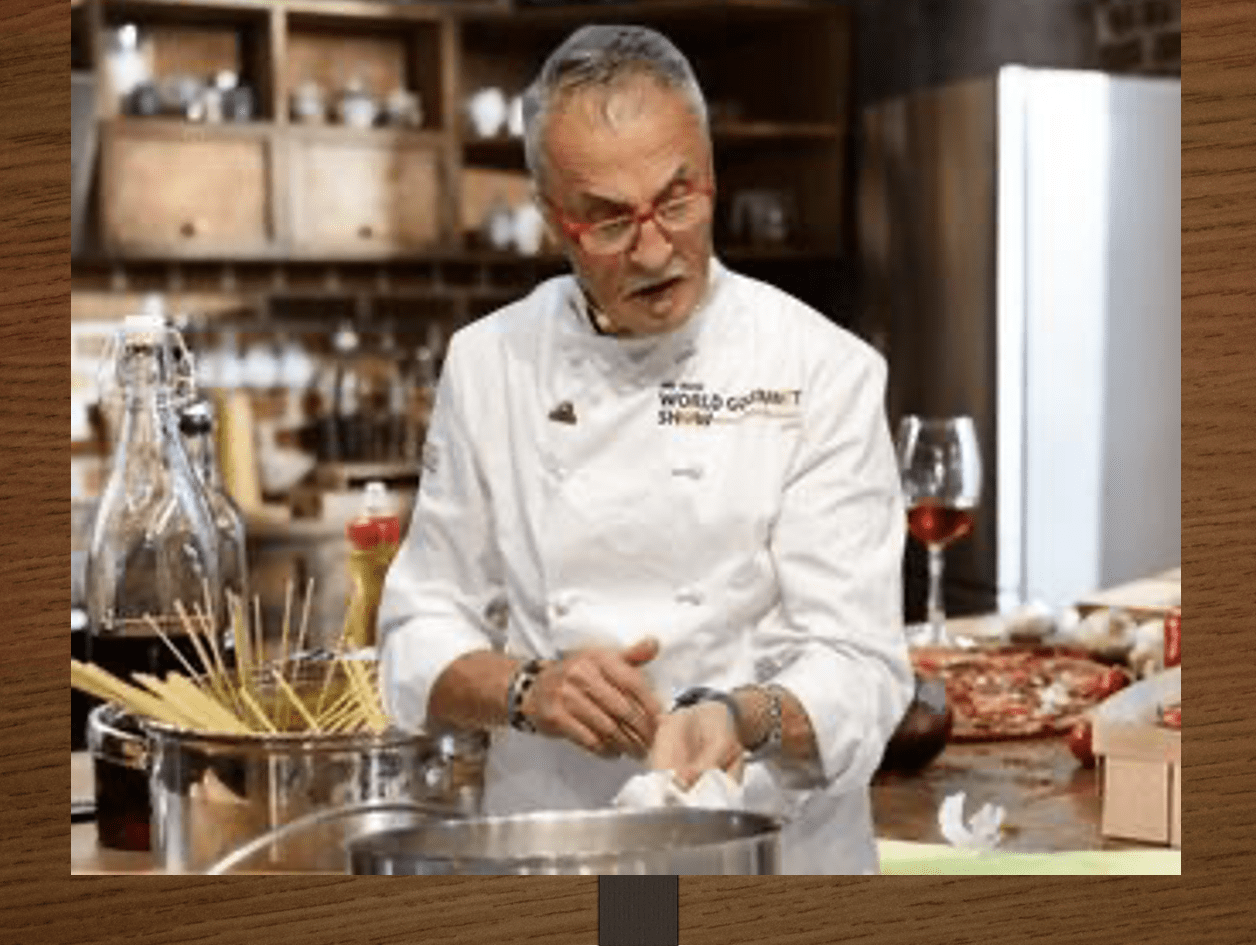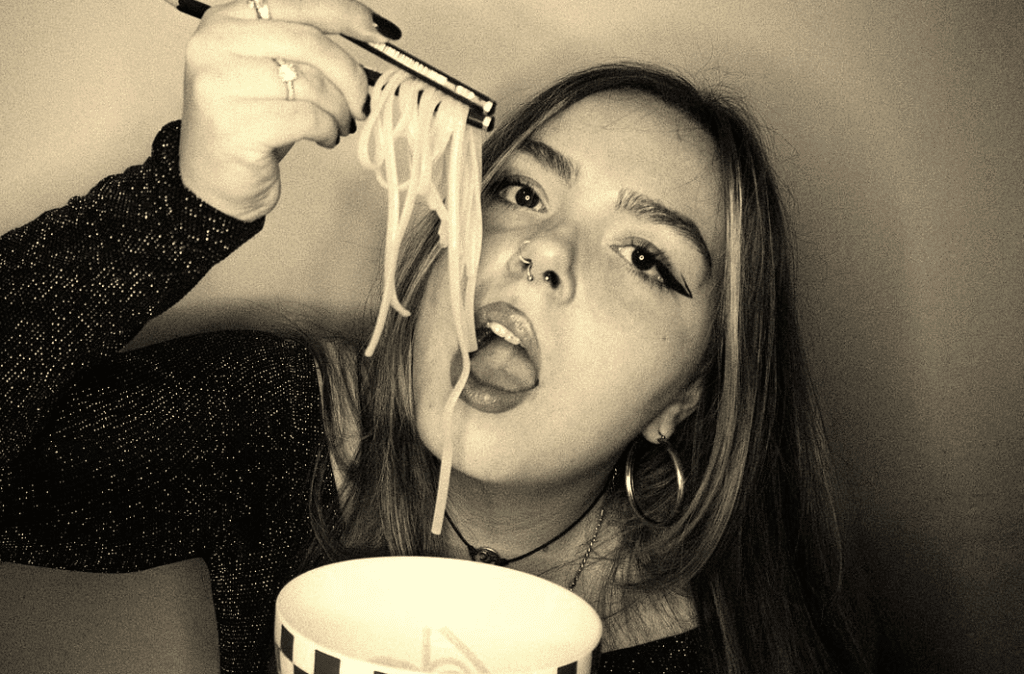Search Posts
Recent Posts
- Writer Herb Weiss’ 45 years of Advocacy on Aging now Archived at Rhode Island College Library Special Collection June 23, 2025
- Providence Biopharma, Ocean Biomedical, Notified of Termination of License Agreements with Brown University, RI Hospital June 23, 2025
- Networking Pick of the Week: Early Birds at the East Bay Chamber, Warren, RI June 23, 2025
- Business Monday: Dealing with Black and White Thinking – Mary T. O’Sullivan June 23, 2025
- Rhode Island Weather for June 23, 2025 – Jack Donnelly June 23, 2025
Categories
Subscribe!
Thanks for subscribing! Please check your email for further instructions.

Ask Chef Walter: The problem with “The Best” – Chef Walter Potenza
The most meaningful meals aren’t those deemed “the best” by some external standard, but those that resonate with your personal history, your memories, your physiology.
Friends:
Igor K. from Clarksville, Tennessee, asked about the veracity of the word “best†when applied to culinary experiences. Here, we go, Igor! I hope it helps.
Often, participants in my cooking school ask me about my favorite restaurant in Rhode Island or want to know which place I think is the best. I hesitate to provide a straightforward answer, as I firmly believe that culinary preferences and dining experiences are inherently subjective.
Let me tell you a story about taste – that most personal yet most hotly debated of human experiences. Picture this: you’re sitting across from a friend at that hot new restaurant everyone’s raving about, the one the local food critic crowned “the absolute best Italian in the city.” Your fork twists through handmade pasta while your friend takes their first bite of the same dish. Here’s the strange truth – you’re not tasting the same thing. Not really. While you savor what might be the most perfect al dente texture you’ve ever experienced, your dining companion, through no fault of their own or the chef’s, might be having a completely different sensory encounter. This isn’t just about differing opinions; it’s about the very biology that makes us human.
The illusion of objective taste begins to unravel when we peer into the science of our senses. That cilantro garnish dividing the table between lovers and haters? Blame a tiny genetic variation. How can your partner detect subtle floral notes in wine while you taste “red”? Thank your unique combination of taste receptors and saliva enzymes. Even professional tasters with trained palates experience this – their expertise lies not in some universal truth, but in recognizing how their particular physiology interprets flavors. Yet our food culture remains stubbornly attached to absolutes, to definitive rankings and undisputed champions.
We’ve created entire industries around declaring “bests” and “worsts” in a realm where such judgments are biologically impossible to standardize.
Consider the curious case of the food critic – that mysterious figure whose pronouncements can make or break restaurants. How did we decide that someone who’s never reduced a sauce until their arms ached, never balanced flavors while tickets piled up, never felt the burn of a busy kitchen’s heat, gets to be the ultimate arbiter of culinary worth? There’s something fundamentally unbalanced about a system where chefs spend decades mastering their craft only to be judged by those who’ve mastered little more than the art of the takedown review. The rise of social media has only amplified this paradox, turning every enthusiastic eater with a smartphone into a self-appointed expert.
We’ve confused consumption with understanding, as if eating at enough trendy spots somehow equates to culinary wisdom.
But here’s the beautiful truth buried beneath all this posturing: your taste is yours alone. Not the critic’s, not the influencer’s, not even that friend who insists they have “refined” preferences. Authentic food culture isn’t about chasing someone else’s idea of perfection – it’s about the joy of discovering what sings to your unique palate. Maybe that means loving the neighborhood diner’s burger more than the celebrated gastropub’s dry-aged version. Perhaps it involves preferring simple, honest cooking over elaborate tasting menus.
The most meaningful meals aren’t those deemed “the best” by some external standard, but those that resonate with your personal history, your memories, your physiology. The taste of your grandmother’s apple pie, the aroma of your favorite childhood dish-these are the flavors that genuinely matter. So the next time you encounter another breathless declaration of culinary supremacy, smile knowingly.
The real secret? You’ve been the expert on your taste all along. Chef Walter FK
Come to Puglia Food Tour Octobe 2025
___
Chef Walter is featured HERE every Sunday with his regular Ask Chef Walter column!

Meet Chef Walter! There is a constant, recognizable thread in the career of Walter Potenza to elevate the level of Italian culinary culture in the United States. Besides his unquestionable culinary talent and winning business perspective, Chef Walter has been a relentless educator with passion and knowledge who defeats stereotypes. His life, career, and values are a model, an example to follow by any chef of Italian gastronomy working outside Italy.
Chef Walter appears regularly on National and International Networks such as Food Network, ABC, CBS, NBC, RAI, FOX, and Publications such as NY. Times, Washington Post, Wall Street Journal, Food & Wine, Saveur, Gourmet, and several Italian media outlets. And now “RINewsTodayâ€!


